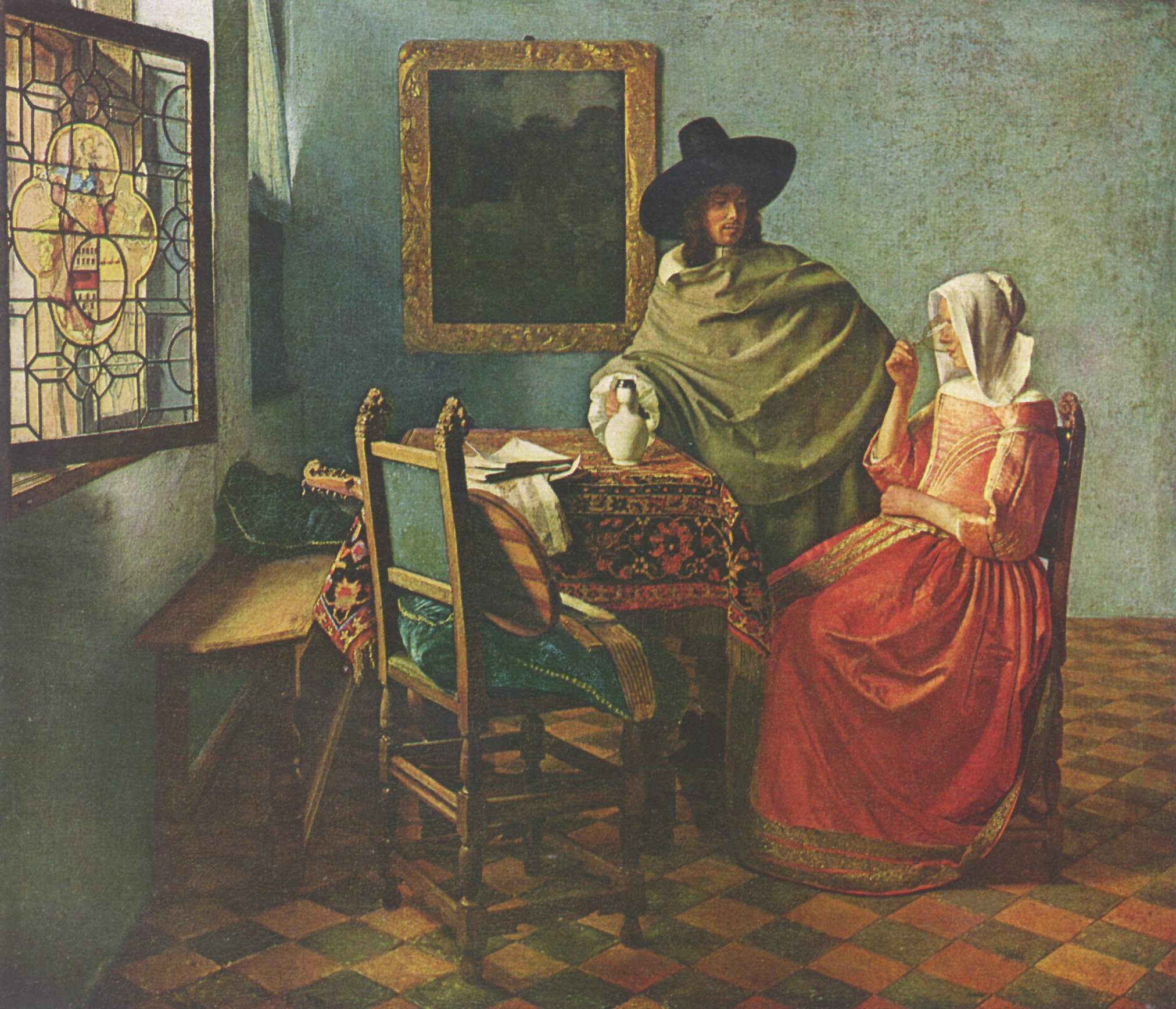Genesis 2:20-24 ESV The man gave names to all livestock and to the birds of the heavens and to every beast of the field. But for Adam there was not found a helper fit for him. (21) So the LORD God caused a deep sleep to fall upon the man, and while he slept took one of his ribs and closed up its place with flesh. (22) And the rib that the LORD God had taken from the man he made into a woman and brought her to the man. (23) Then the man said,“This at last is bone of my bones and flesh of my flesh; she shall be called Woman, because she was taken out of Man.” (24) Therefore a man shall leave his father and his mother and hold fast to his wife, and they shall become one flesh.
In Genesis 2, man is missing something. He is missing a fit companion. This is significant on several levels, not least of which that hermit like contemplation of God is not sufficient for human flourishing despite Adam’s unique possession of immediacy with respect to his knowledge of God.
But to the point, this is a passage that gives a mythological explanation of marriage. By mythological, I mean a story that tells a society what they need to know.
What does society need to know about marriage?
- It’s a transcendently inspired institution. It is not necessary for our biological functioning, but it enhances, ennobles, and enables our animals selves to build worlds beyond what seems possible.
- It hurts. Adam must undergo a loss to get married. This is true of women as well. You cease to be a member of your previous household, your romantic options are limited to one, and your private time is curtailed. Marriage is a wound.
- Marriage solves the problem of loneliness. Despite Adam’s marriage story being a story about a wound, Adam finds Eve to be “flesh of my flesh.” She completes him. And the story does say that God “closed up” Adam’s wound.
- In the sense above, marriage is like any choice. A choice says, “No.” to millions of other options. But it opens up new possibilities. When you’re married you can build your own household, dynasty, or mini-civilization. You take on the power of God in that you can make children and fill/populate the earth as he did.
- You leave your parents’ household with all of their knowledge and can improve upon their errors and learn from the wisdom of another household. In this sense, marriage transmits the glories of civilization in a way that allows for persistent improvement.
All of that appears to be what this passage says…or something like that.
